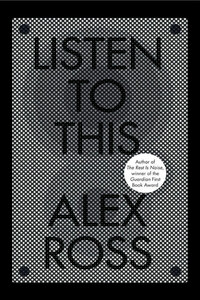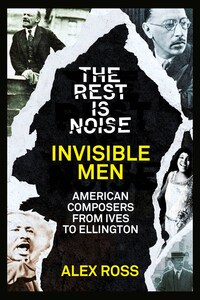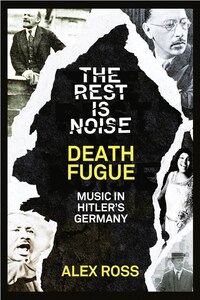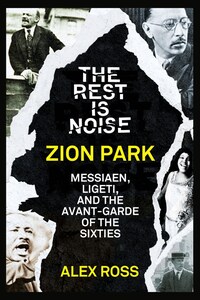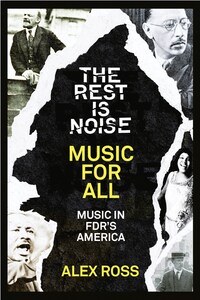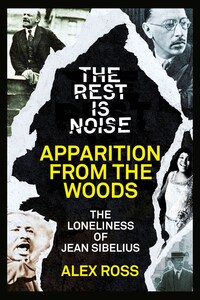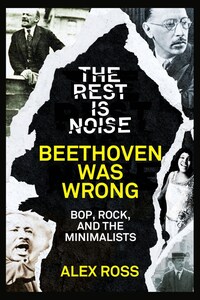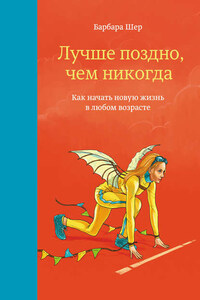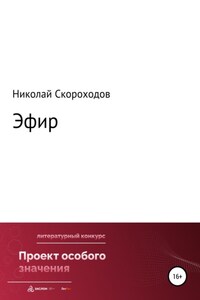Writing about music isn’t especially difficult. Whoever coined the epigram “Writing about music is like dancing about architecture”—the statement has been attributed variously to Martin Mull, Steve Martin, and Elvis Costello—was muddying the waters. Certainly, music criticism is a curious and dubious science, its jargon ranging from the wooden (“Beethoven’s Fifth begins with three Gs and an E-flat”) to the purple (“Beethoven’s Fifth begins with fate knocking at the door”). But it is no more dubious than any other kind of criticism. Every art form fights the noose of verbal description. Writing about dance is like singing about architecture; writing about writing is like making buildings about ballet. There is a fog-enshrouded border past which language cannot go. An art critic can say of Mark Rothko’s Orange and Yellow that it consists of an area of yellow paint floating above an area of orange paint, but what good does that do for someone who has never seen a Rothko? The literary critic can copy out a few lines from Wallace Stevens’s “Esthétique du Mal”—
And out of what sees and hears and out
Of what one feels, who could have thought to make
So many selves, so many sensuous worlds …
—but when you try to spell out the meaning of those lines, when you try to voice their silent music, another hopeless dance begins.
So why has the idea taken hold that there is something peculiarly inexpressible about music? The explanation may lie not in music but in ourselves. Since the mid-nineteenth century, audiences have routinely adopted music as a sort of secular religion or spiritual politics, investing it with messages as urgent as they are vague. Beethoven’s symphonies promise political and personal freedom; Wagner’s operas inflame the imaginations of poets and demagogues; Stravinsky’s ballets release primal energies; the Beatles incite an uprising against ancient social mores. At any time in history there are a few composers and creative musicians who seem to hold the secrets of the age. Music cannot easily bear such burdens, and when we speak of its ineffability we are perhaps protecting it from our own inordinate demands. For even as we worship our musical idols we also force them to produce particular emotions on cue: a teenager blasts hip-hop to psych himself up; a middle-aged executive puts on a Bach CD to calm her nerves. Musicians find themselves, in a strange way, both enshrined and enslaved. In my writing on music, I try to demystify the art to some extent, dispel the hocus-pocus, while still respecting the boundless human complexity that gives it life.
Since 1996, I’ve had the huge good fortune to serve as the music critic of The New Yorker. I was twenty-eight when I got the job, too young by any measure, but I strove to make the most of my luck. From the start, my editors encouraged me to take a wide view of the musical world: not simply to cover star performers at Carnegie Hall and the Metropolitan Opera but also to lurk in smaller spaces and listen for younger voices. Following my distinguished predecessors Andrew Porter and Paul Griffiths, I’ve maintained that modern composers deserve the same lavish treatment that is given to canonical masters—a conviction that led to my first book, The Rest Is Noise: Listening to the Twentieth Century. I’ve also periodically detoured into pop and rock, although, having grown up in classical music, I feel unsure of my footing outside it. In all, I approach music not as a self-sufficient sphere but as a way of knowing the world.
Listen to This combines various New Yorker articles, several of them substantially revised, with one long piece written for the occasion. The book begins with three aerial surveys of the musical landscape, encompassing both classical and pop terrain. The first chapter, from which the title comes, began as a preface to
